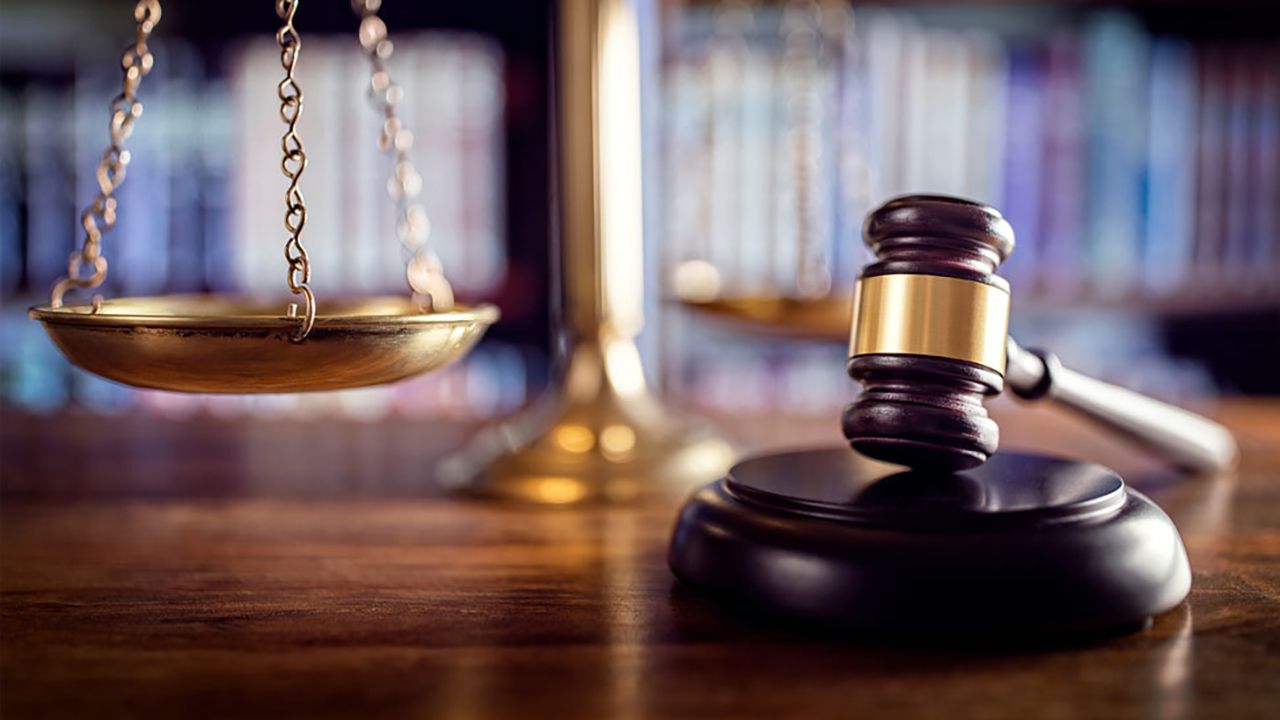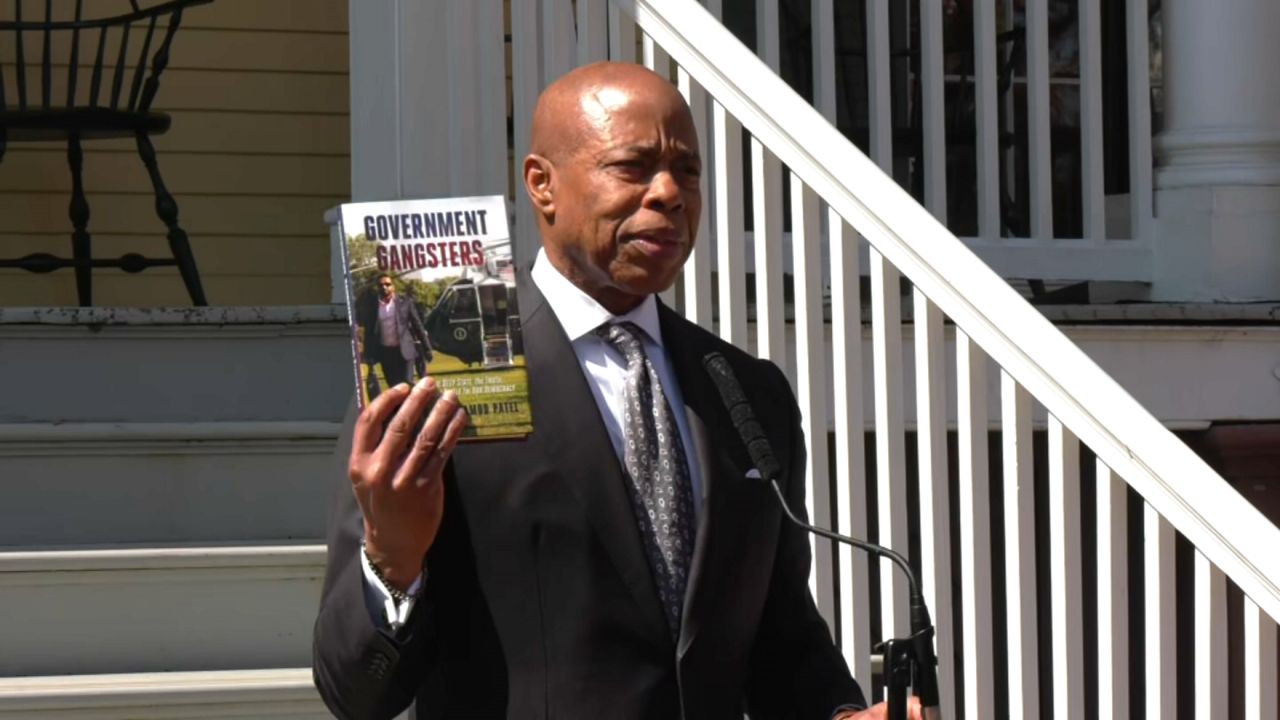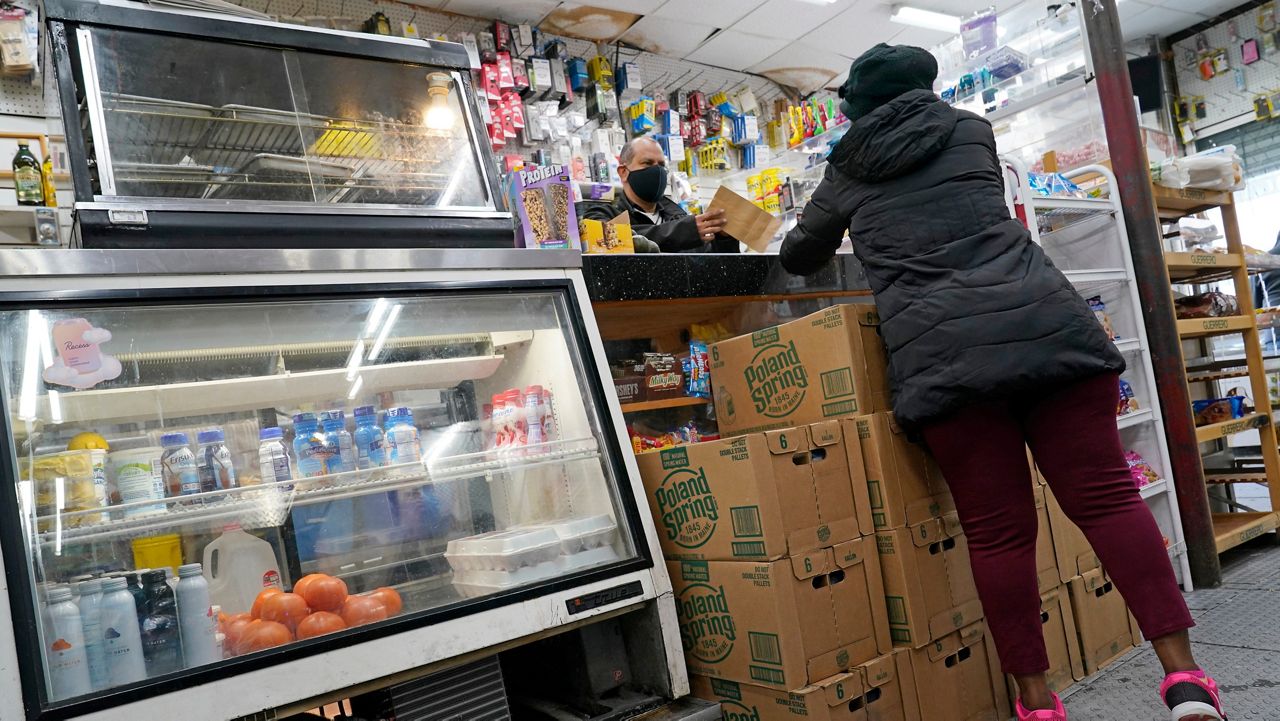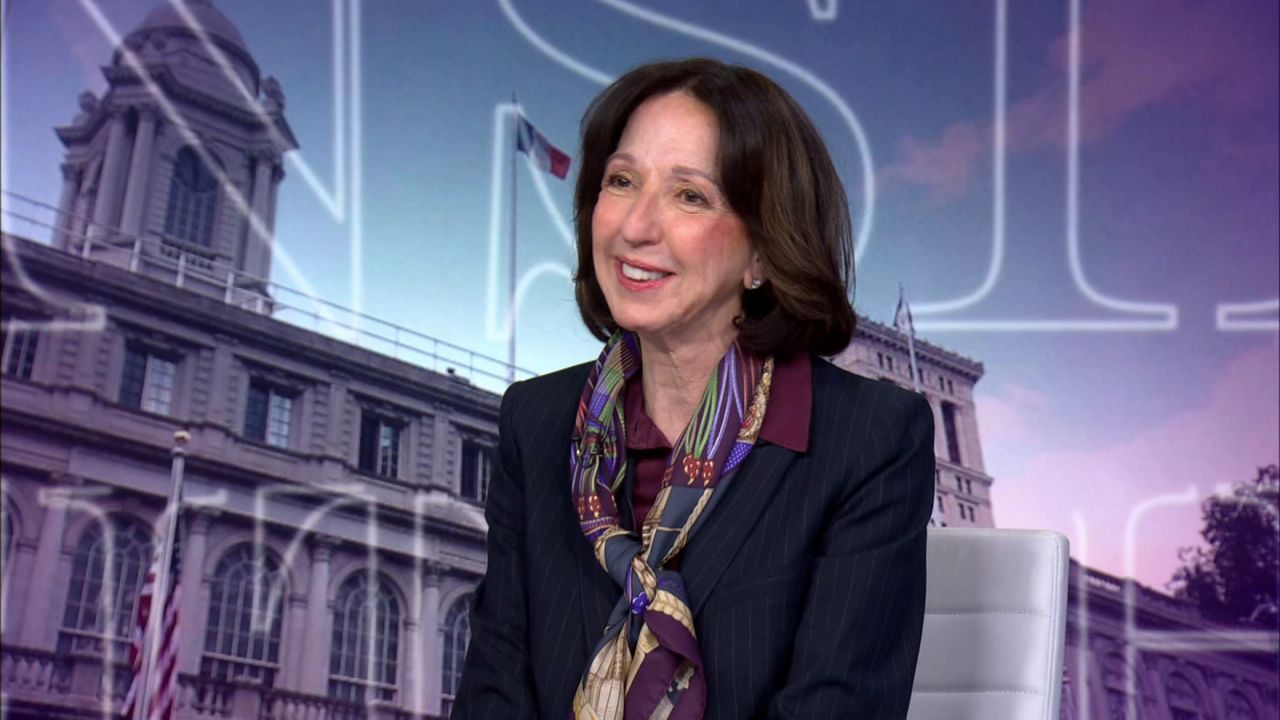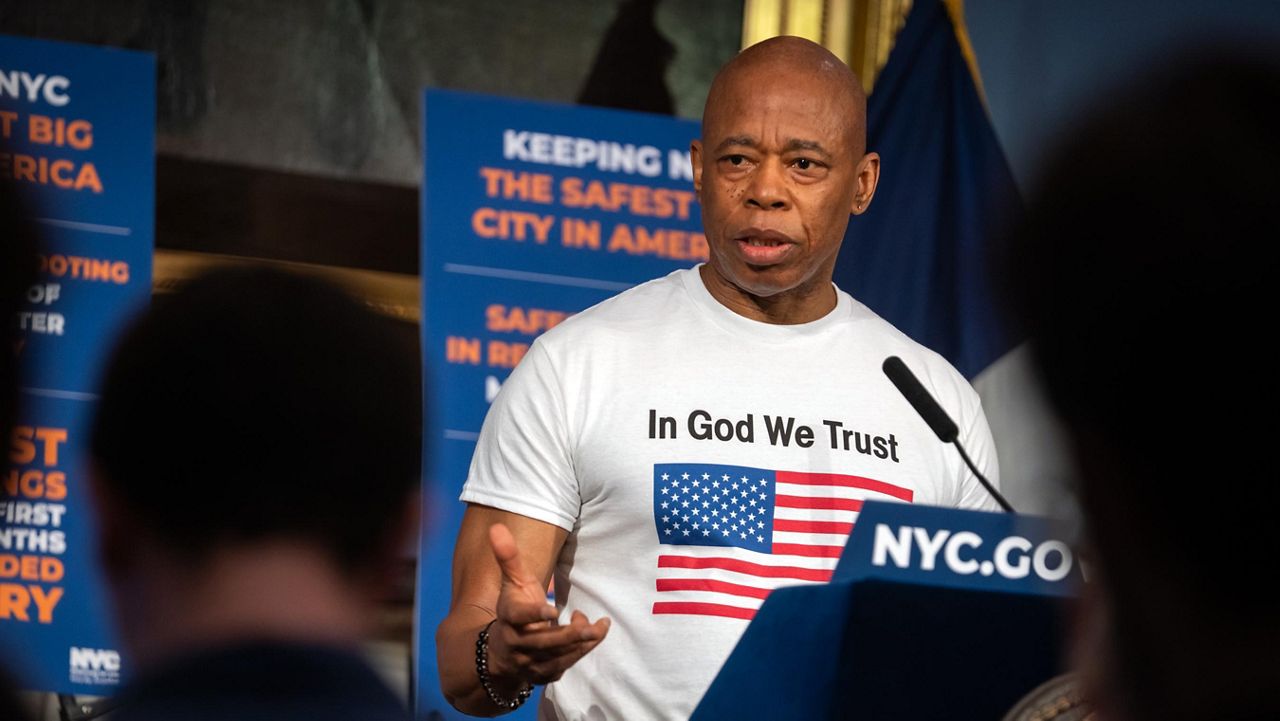A majority of criminal cases involving New Yorkers 17 years old or younger will officially be heard in Family Court.
The final phase of New York state's "Raise the Age" law went into effect Tuesday. It first went into effect a year ago, but only for those 16 and younger.
"Raise the Age" moved all 16- and 17-year-olds off Rikers Island and other jails in New York and into juvenile facilities.
Now, it also moves criminal cases against 16-year-olds with more serious offenses into the Youth Part of the court system.
Teen offenders must now immediately be arraigned after their arrest, even outside regular hours. They must be accompanied by a parent or guardian. Youth offenders are housed separately from adults.
"By fully implementing the second phase of 'Raise the Age,' 16 and now 17-year-old youth are required to receive the evidence-based services and treatment they need to prevent them from re-offending and to prepare those returning to the community to be successful and productive citizens," Gov. Andrew Cuomo said in a statement.
Mayor Bill de Blasio also praised "Raise the Age," calling it "another monumental step in our ongoing efforts to create a fairer and more humane criminal justice system for all New Yorkers."
The State Implementation Task Force believes New York state is prepared to carry out the second phase of the law, but there is concern about its impact. Monroe County District Attorney Sandra Doorley expects a heavier workload.
"We have a lot of 17-year-olds that we are handling in court and now they are going to be handled in Youth Part and or Family Court. So, I expect the Youth Part to be a lot busier than it has been," Doorley said.
An influx of 17-year-olds falling under "Raise the Age" may also indicate a need for more manpower when prosecuting cases.
"I have one assistant DA that is totally devoted to it, so right now he has a manageable case load. I expect his case load to double. If need be, we'll get other ADAs [assistant district attorneys] involved," Doorley said.
Greece Police Chief Patrick Phelan, who also serves as head of the state's Police Chief Association, said the second phase raises concern for public safety.
"There's really not adequate holding facilities here in Monroe County for juveniles," Phelan said. "So, generally, people are just arrested and released and that has an effect on public safety. You have to take them to other cities like Buffalo or Syracuse, which is ridiculous and it's a tremendous strain on man power."
------
Looking for an easy way to learn about the issues affecting New York City?
Listen to our "Off Topic/On Politics" podcast: Apple Podcasts | Google Play | Spotify | iHeartRadio | Stitcher | RSS




